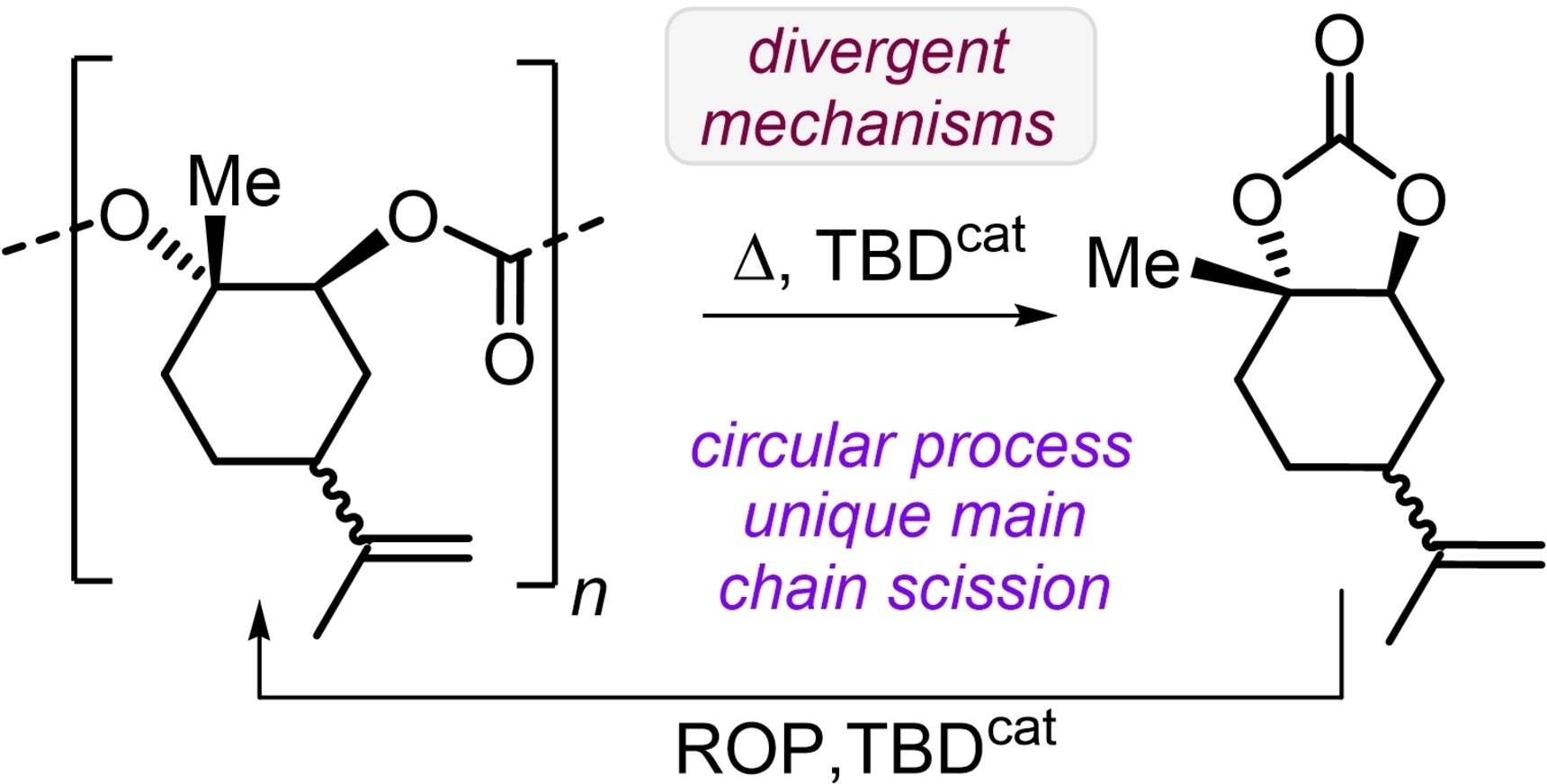The European Union prohibited glitter a month ago to lower the presence of microplastics in the environment by 30%. Waste plastics are a big concern for the eco-systems, and the campaign for plastic recycling, in general, has received a lot of attention as a potential solution.

Image Credit: Institute of Chemical Research of Catalonia.
Circular processes for plastics represent ways to recycle chemical feedstock ideally over and over again, thereby greatly contributing to sustainability avoiding unnecessary plastic waste accumulation and possible formation of microplastics in our eco-systems.
Arjan W. Kleij, Professor and Group Leader, Institute of Chemical Research of Catalonia
Polymers, macromolecules produced by the union of many small molecules known as monomers, are the primary constituents of all plastics. The ideal plastic recycling process, similar to a construction game, would be the controlled degradation of these polymers into smaller products and the repolymerization of them into useful plastics.
ICIQ researchers have now reported a circular process for depolymerizing and repolymerizing polycarbonates, a class of plastics commonly used in the medical field as surgical instruments, in construction and building as glass substitutes, and in the automotive sector to reduce weight and increase vehicle efficiency.
In cooperation with Dr. Fernando Bravo, manager of the Knowledge and Technology Transfer (KTT) department, the study’s group leaders, Profs. Arjan W. Kleij and Carles Bo, are focusing on using TBD (triazabicyclodecene), a multi-task catalyst, to encourage this circular process for a biobased polycarbonate.
The cycle of polycarbonate generation, degradation towards a cyclic carbonate monomer, and re-polymerization to regenerate the polycarbonate using the same catalyst both in the degradation and in the recycling, can contribute to a more sustainable circular economy, in which less chemicals are involved.
Dr. Fernando Bravo, KTT Manager, Institute of Chemical Research of Catalonia
Limonene and carbon dioxide, derived from citrus fruit peels and widely available in food companies, combine to generate the monomers of the biobased polymer utilized in this study.
Though chemical degradation, such as the catalytic technique shown in this partnership, can speed up the breakdown process, Poly(limonene Carbonate), or PLC, has an extremely low biodegradability. This makes the technology potentially appealing for commercial exploitation.
As an alternative to oil-based materials, ICIQ submitted a patent this summer for using limonene polycarbonate in adhesive and coating applications. The current discovery adds to the progress of polymer development and shows that PLC has the potential to be used as a circular material to produce polymers that are easily recyclable in real-world settings.
This study, which was published in the esteemed journal Angewandte Chemie, represents an exceptional partnership between the computational work conducted in the group of Prof. Bo, the experimental research conducted in the group of Prof. Kleij, and the polymer development efforts in the ICIQ KTT department under the direction of Dr. Bravo. This collaboration valorizes inventions that have practical applications.
Collaboration among interdisciplinary groups is paramount for research, as emphasized in this paper. This interplay between experiments and theory allows for the integration of diverse knowledge and approaches enabling a more comprehensive and innovative tackling of issues. Through cooperation, a deeper understanding of the challenges can be gained leading to the development of more effective solutions.
Carles Bo, Professor, Institute of Chemical Research of Catalonia
The Catalan Agency for Management of University and Research Grants (AGAUR 2021-SGR-00853), the “la Caixa” Foundation (LCF/PR/PR20/51150010), the Spanish Ministry of Science (MCIN PID2020-112684GB-100, PID2020-112806RBI00, PDC2021-120952-I00, and CEX2019-000925-S) have all provided financial support for this project. MCIN is acknowledged by Alba Villar-Yanez for a predoctoral grant (PRE2018-083947).
Journal References:
Lamparelli, D. H., et al. (2023) Bicyclic Guanidine Promoted Mechanistically Divergent Depolymerization and Recycling of a Biobased Polycarbonate. Angewandte Chemie. doi:10.1002/anie.202314659.